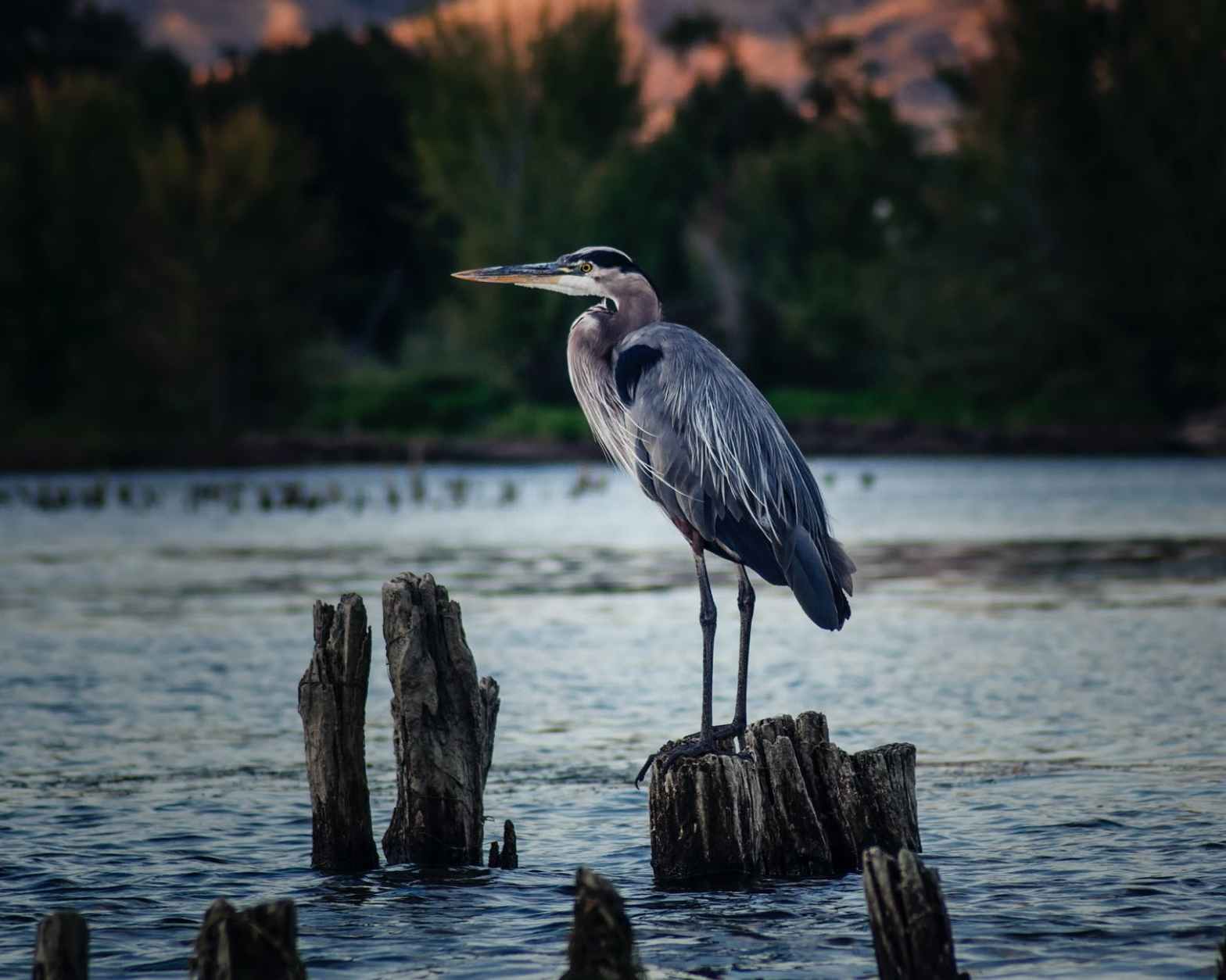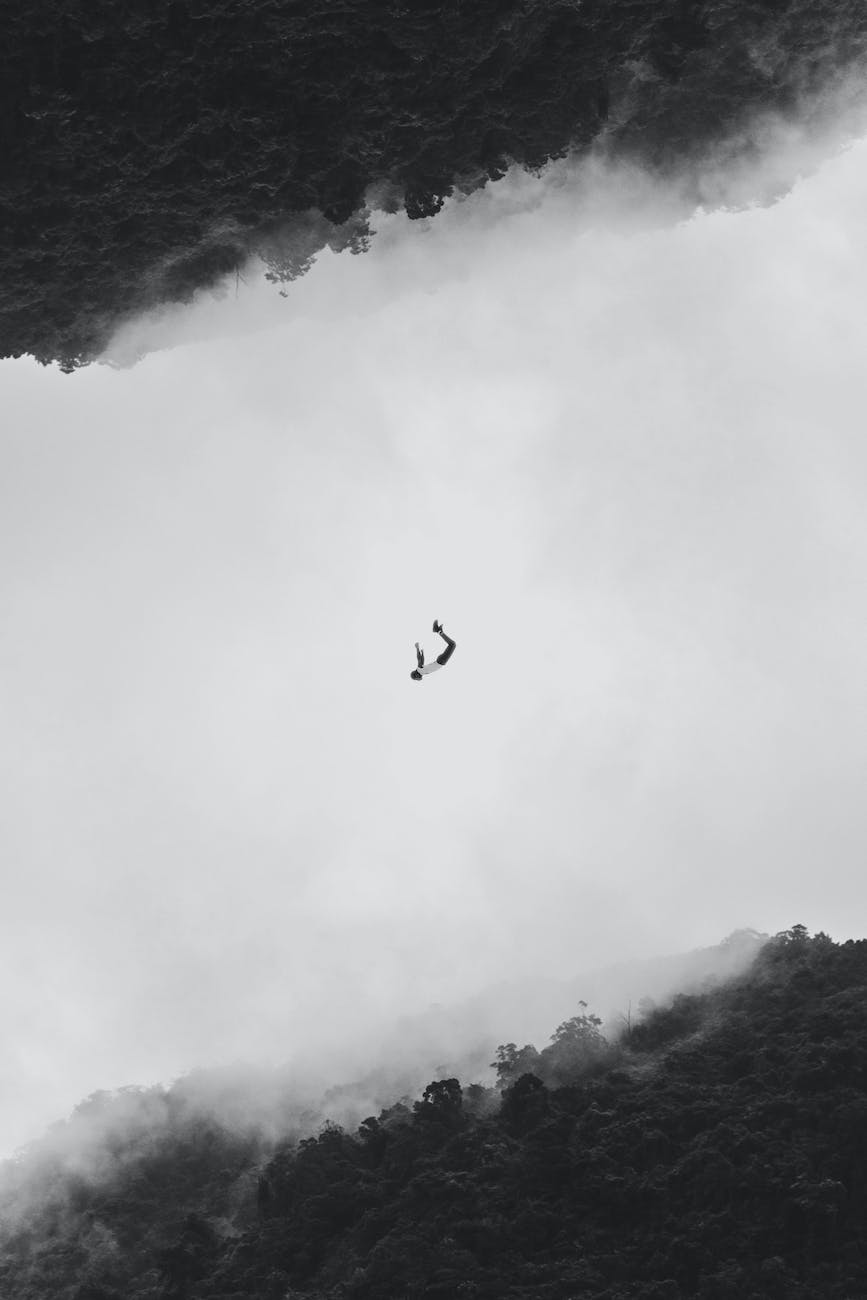Your cart is currently empty!

‘The Noah of the Marshes’ by Mike Fox
On that first night, exhausted and with no other sound to distract, he would fall asleep to the wash of the sea lapping at the fens to the east. His beard had already started to grow, and he would never feel the need to shave, or even trim it, again. Neither would any piece of…
On that first night, exhausted and with no other sound to distract, he would fall asleep to the wash of the sea lapping at the fens to the east. His beard had already started to grow, and he would never feel the need to shave, or even trim it, again. Neither would any piece of land exert a claim on him. He had built the place he could now call home from the flat shell of a lighter: it would always float, even in the shallows. From this day on, his tasks would arrive with the seasons. He would wish to possess no portion of the earth: the water itself would be his freehold.
He would absorb a new self from his surroundings, he would interpret the world accordingly. In times when the marshland flooded and the subdivided meadows brimmed into each other, he would feel the ghost of the sea in the saline currents beneath him. He would glimpse the shadows of hags and witches, floating disdainfully through the morning mists. He would sense the wraiths of fowlers, trudging forever knee-deep on what was once dry land. He would feel at one with them, share the spirit of this place, let his pulse be an echo of the tides.
When the rivers were low he would glimpse the weft of an eel trap, left to rot amongst the reeds, and understand that the present is but a child of the past. On silent evenings he would gaze for hours at pickleweed, spiny rush, saltgrass, tule and scirpus, while the colours of the sky spread out across the still waters on which they rested.
Soil and pathway, when the need came to return to it, would feel hard and unyielding, with no forgiveness or promise of change. He would spend no more time there than circumstance required.
As the days stretched and shortened he would learn to read the seasons, to rejoice when the leaves were back on the willows, to relinquish when they fell again.
In June he would see the terns arrive in such numbers as to form a curtain across the sun. He would learn to whistle in the plovers, so beguilingly they would settle without fear by his feet. Ducks, geese, gulls and even herons would follow and learn to take food from his hand, the shy gaining courage from the bold. He would earn his nickname from the mockery of onlookers, and care little.
He would come to trust in portents and visions, take his place in the quiet flow of time. He would make no demand of the future. Solitude would teach him that stillness is a form of prayer, and that nothing is truly separate from anything else. He would think sometimes of his former life, and practise the art of forgetfulness.
About the Author
Mike Fox’s stories have appeared in journals in Britain, Ireland, America, Australia and Singapore. His story Breath (Fictive Dream), and Blurred Edges (Lunate Fiction), gained Pushcart Prize nomination. His story The Homing Instinct (Confingo), was included in Best British Short Stories 2018 (Salt). His story The Fun Police (Fictive Dream) was listed in Best British and Irish Flash Fiction (BIFFY50) 2019-2020. His story, The Violet Eye, was published by Nightjar Press as a limited-edition chapbook. www.polyscribe.co.uk or @polyscribe2


